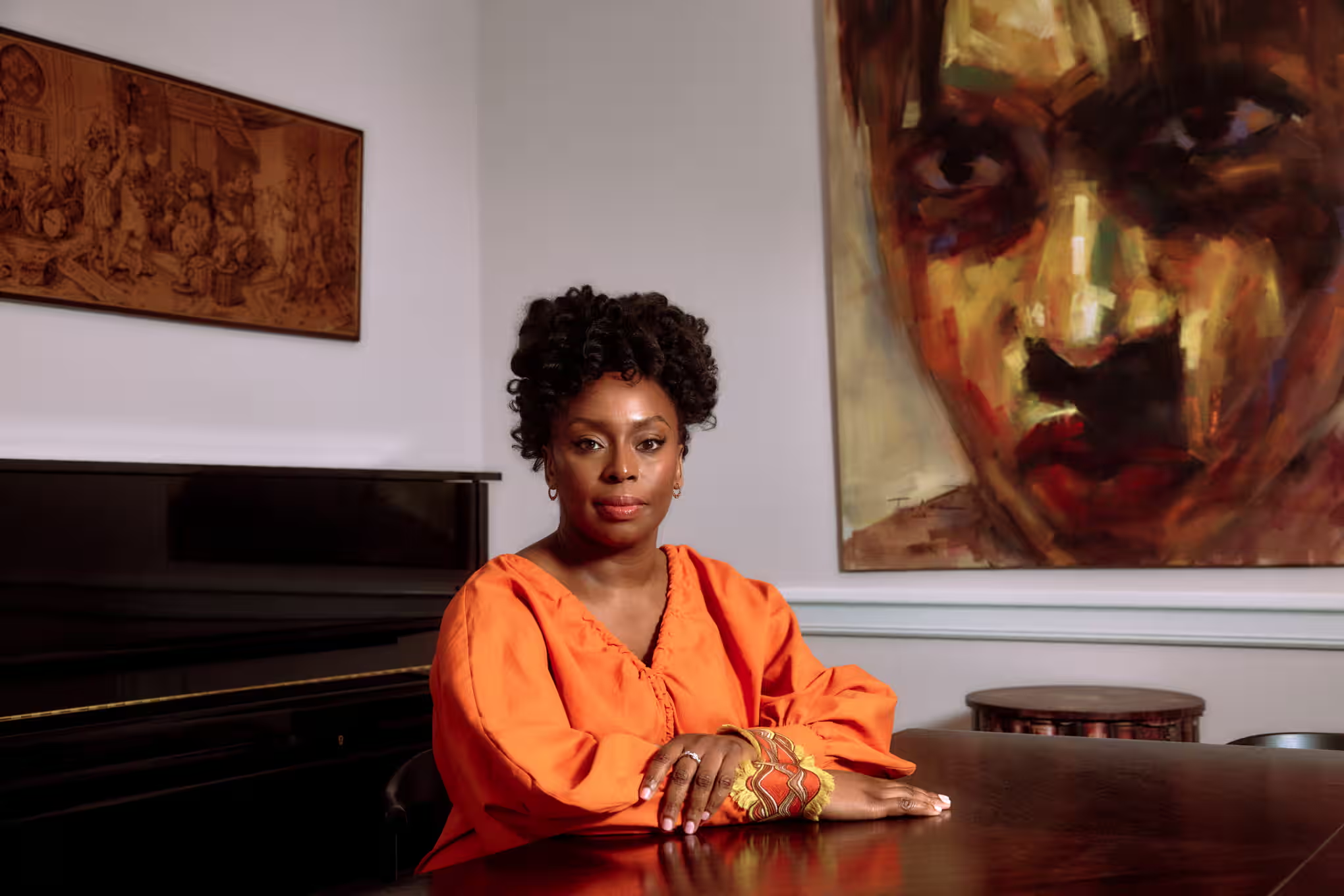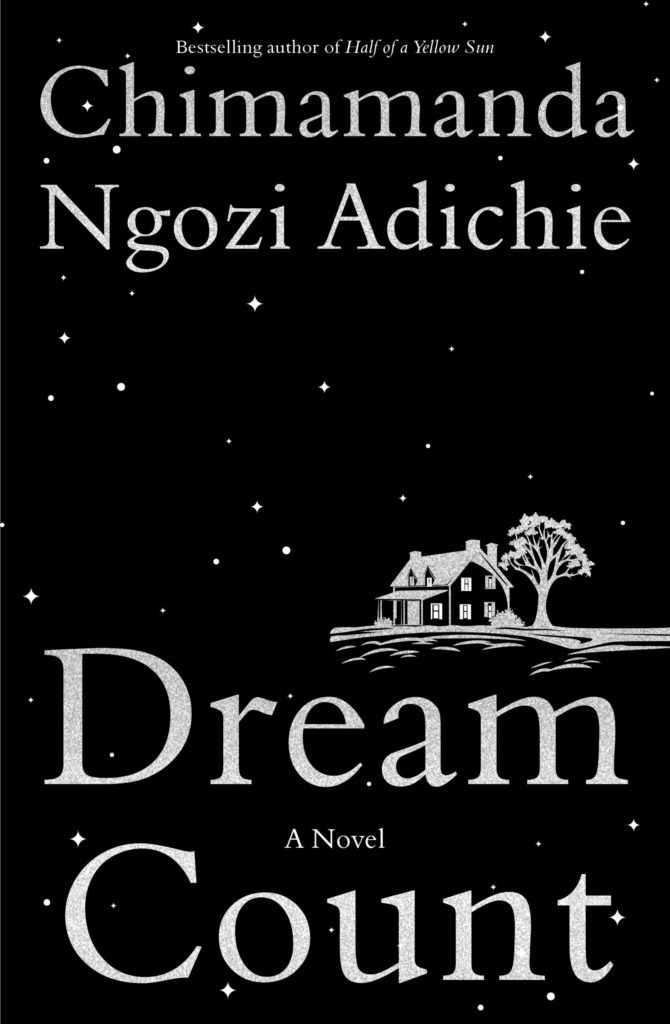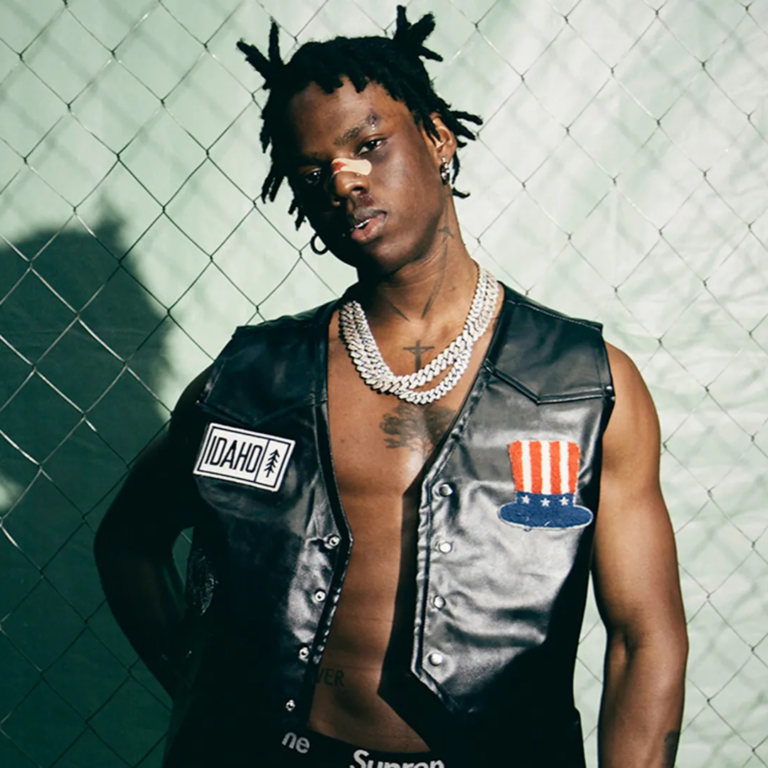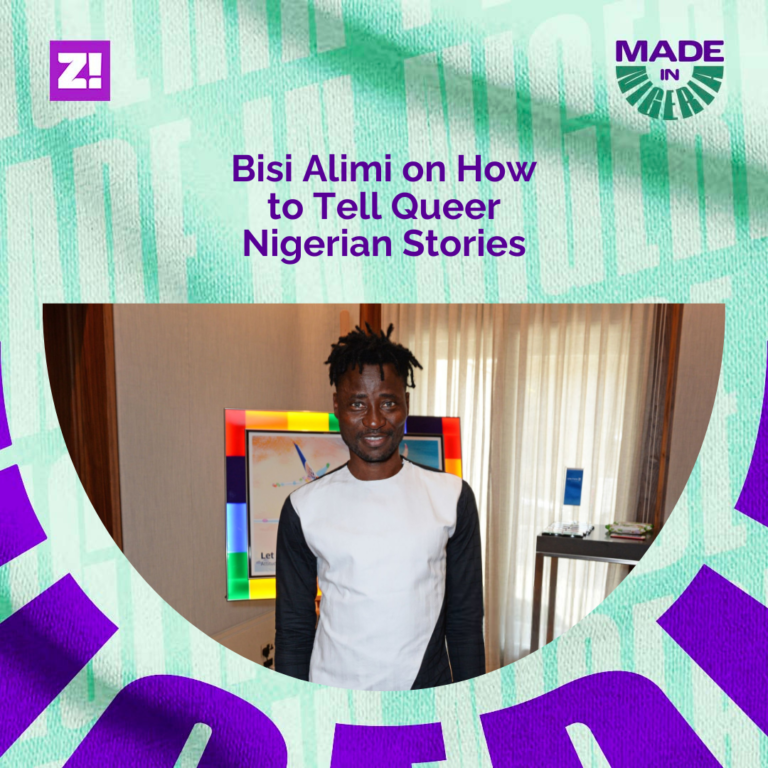After more than a decade away from fiction, Chimamanda Ngozi Adichie returns with a new novel, Dream Count, published by Narrative Landscape Press. The book follows four women: Chiamaka, an aspiring travel writer; Zikora, a lawyer based in Washington, D.C.; Omelogor, a finance professional in Abuja; and Kadiatou, who is from Guinea and works as Chiamaka’s housekeeper in the U.S.
Told from their individual POVs, Dream Count takes readers on a journey into the lives of these women, tracing their experiences through the men they have loved but hated loving, the men they wanted to love but couldn’t, the men they loved who didn’t love them back, and the way longing has shaped their lives.

Chiamaka, the daughter of a wealthy Igbo businessman, perhaps more than any of the women, has a complicated relationship with romance. When she meets Darnell, an academic with radical political views, their relationship is charged with contradictions—her privilege and his disdain for it, her generosity and his resentment of it. Their dynamic raises broader questions about gender and power, echoing ongoing debates in contemporary Nigerian society.
Zikora, raised with traditional ideals, has always believed that patience and virtue will lead to romantic reward. But after a painful encounter with a college basketball player, she starts to question whether the rules she has followed were ever truly in her favour. Her evolving perspective forces her to reassess what she wants and what she is willing to accept in love and life.
ALSO READ: Everything You Need to Know About Chimamanda’s New Novel “Dream Count”
Omelogor—whose name Adichie spells with an unconventional ‘r’, sparking linguistic debate—initially seems the most pragmatic of the four. She is strong-willed and opinionated, qualities that make her both admired and criticised. In Nigeria, she runs an underground grant scheme for women, a modern-day Robin Hood effort. But when she moves to the U.S. to study the effects of pornography, her certainty wavers, and she begins to struggle with depression.
If these women had Instagram accounts, they would be beloved by the crowd that worships wealth, their credentials drawing the kind of reverence reserved for the ultra-privileged. But in Dream Count, we get a front-row seat into their lives and how, thousands of miles away in the U.S., the expectations of their Igbo society still try to humble them.
Chiamaka’s rejection of Chuka—a successful, charming man considered an ideal match—elicits accusations of ingratitude, despite his apparent attentiveness to her desires. Adichie asks: What does gratitude look like in love? Must a woman always be grateful simply because a man chooses her?
The novel’s emotional centre, however, is Kadiatou, a dreamer in her own right. In her village, a lover once painted America as a land of promise, a place where she and her daughter could build a better future. She fled, leaving behind not just home but painful memories, including an encounter with a powerful man who exploited her trust.
In the U.S., she builds a life through hard work, only to face another violation—one that echoes real-world events, particularly the case of Nafissatou Diallo, the hotel cleaner who accused a prominent politician of assault.
Through Kadiatou’s story, Adichie examines the intersection of wealth, justice, and power, highlighting the ways in which the system is stacked against those without privilege. But in Dream Count, solidarity emerges as a force for change. The women, each shaped by their own battles, find ways to support one another in seeking justice, purpose, and self-definition.
At its core, this book is gloriously about mothers and daughters and the contours of their relationships. The real thing. Chiamaka and her mother. Kadiatou and her daughter. Zikora and her mother. Omelogor and her aunty. How they love each other, how they fight, how they make peace.

With Dream Count, Adichie reminds us all that all kinds of dreams are possible for those who dare to dream. We talk about how the limits of our imaginations inhibit us. Good then for the ladies of Dream Count that they have boundless imaginations.




